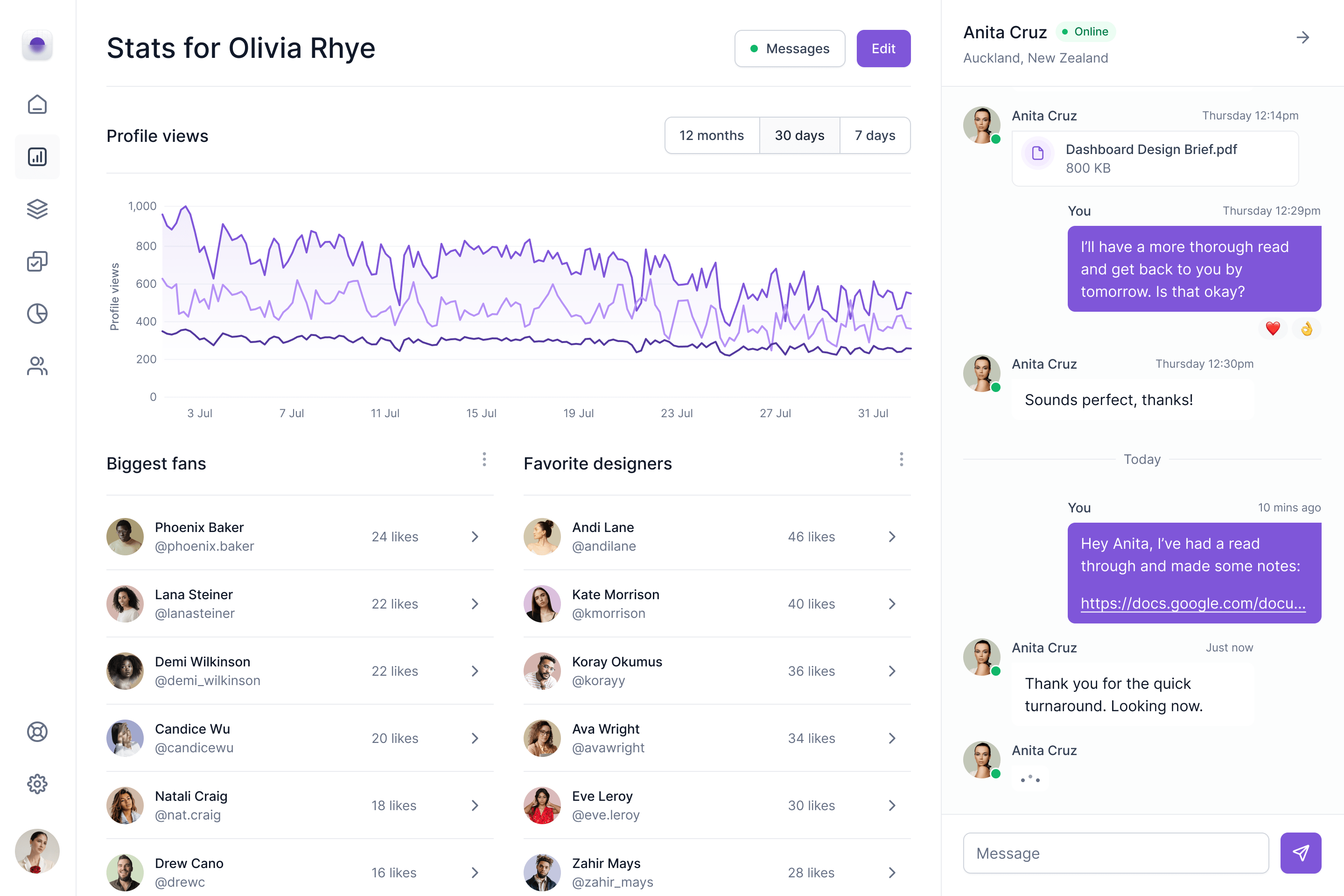Seventy-five years of resilience - Swiss Re Africa

Marking seventy-five years in South Africa is more than a corporate milestone for Swiss Re. It is a living record of resilience, partnership and reinvention.
Sitting with Carli Jacobs (CEO, Swiss Re Africa; Head of Life & Health for Middle East & Africa) and Priyen Mehta (Head of P&C, Sub-Saharan Africa) at the firm’s Sandton offices, the conversation repeatedly circled back to one theme: building the capacity, financial, human, digital and social, to absorb shocks and keep society moving.
What seventy-five years means - Swiss Re began operating locally on 10 November 1950 with the formation of Swiss South African Reinsurance Company in Johannesburg, its first foreign subsidiary outside Europe and North America writing all lines of business. That breadth remains intact: life, health and short-term reinsurance are all underwritten in South Africa today. The role, as Jacobs puts it, is straightforward but profound: “to absorb shocks and manage risk,” enabling primary insurers to withstand everything from democratic transitions and economic crises to droughts, floods, pandemics and civil unrest. The anniversary is therefore both celebration and stock-take: the business is still here, still writing all lines, and still growing with its clients.
Mehta adds a wider industry lens: seventy-five years reflect Swiss Re’s steady presence through domestic political change, large losses and structural reforms, from the establishment of state pools to motor injury reforms. Crucially, the period has also sharpened focus on the protection gap, the widening difference between economic loss and insured loss, whose social consequences are carried by households and governments. The firm is celebrating with clients and staff, client mountain bike rides in Prince Albert, the annual Indaba events in October in Johannesburg and Cape Town, and an internal year-end that honours a team whose alumni populate much of the local market. The point is not nostalgia; it is to co-create the next chapter with clients, regulators and peers.
Paying when it matters - The last five years have provided the sternest test of resilience in South African insurance history: COVID-19, the 2021 civil unrest and the KwaZulu-Natal floods. Across Property & Casualty (P&C) and Life & Health (L&H), Swiss Re paid over R6.9 billion for those three events alone. Beyond the numbers, speed and trust mattered. After the unrest, Swiss Re made a US$20 million on-account payment to the state pool within weeks, recognising the immediate need for liquidity. The firm also supported relief efforts after the floods, including donations to humanitarian organisations.
Resilience is also organisational. Over the past decade, Swiss Re Africa has deliberately built an inclusive culture: equal pay, diverse recruitment, transparent pay bands, and sustained progress on transformation, reflected in five consecutive years at a Level 1 B-BBEE rating. “Resilience isn’t just financial,” Jacobs notes, “it is the right people, culture and capabilities.”
A strong balance sheet and growing franchise - Swiss Re Africa today carries an S&P AA- rating with a solvency ratio of 184%, despite paying more than R10 billion in claims in the past eighteen months. 2024 saw double-digit top-line growth from both life and short-term; the first half of 2025 reflects similar momentum, with the overall bottom line “where we want it to be.”
Independent market feedback aligns. On Life & Health, recent peer surveys point to strengthening recognition for technical excellence, underwriting manuals, risk appetite and actuarial capabilities rating highly, and market share projections are trending upward. On P&C, re-domiciling the business locally in 2018 has paid off: for five consecutive years, brokers and cedents in South Africa and sub-Saharan Africa have ranked as the number one reinsurer. The portfolio remains a leader in property catastrophe and strong in specialist lines such as liability, aviation, marine and engineering, with growing shares in Kenya, Nigeria, Angola and Mauritius.
Local presence has expanded too. The group now serves clients from Johannesburg (Sandton) and Cape Town (Century City), alongside the global network. “Glocal” is the internal shorthand: global expertise delivered with local knowledge and judgment.
“Our role is straightforward but profound: to absorb shocks and manage risk."





